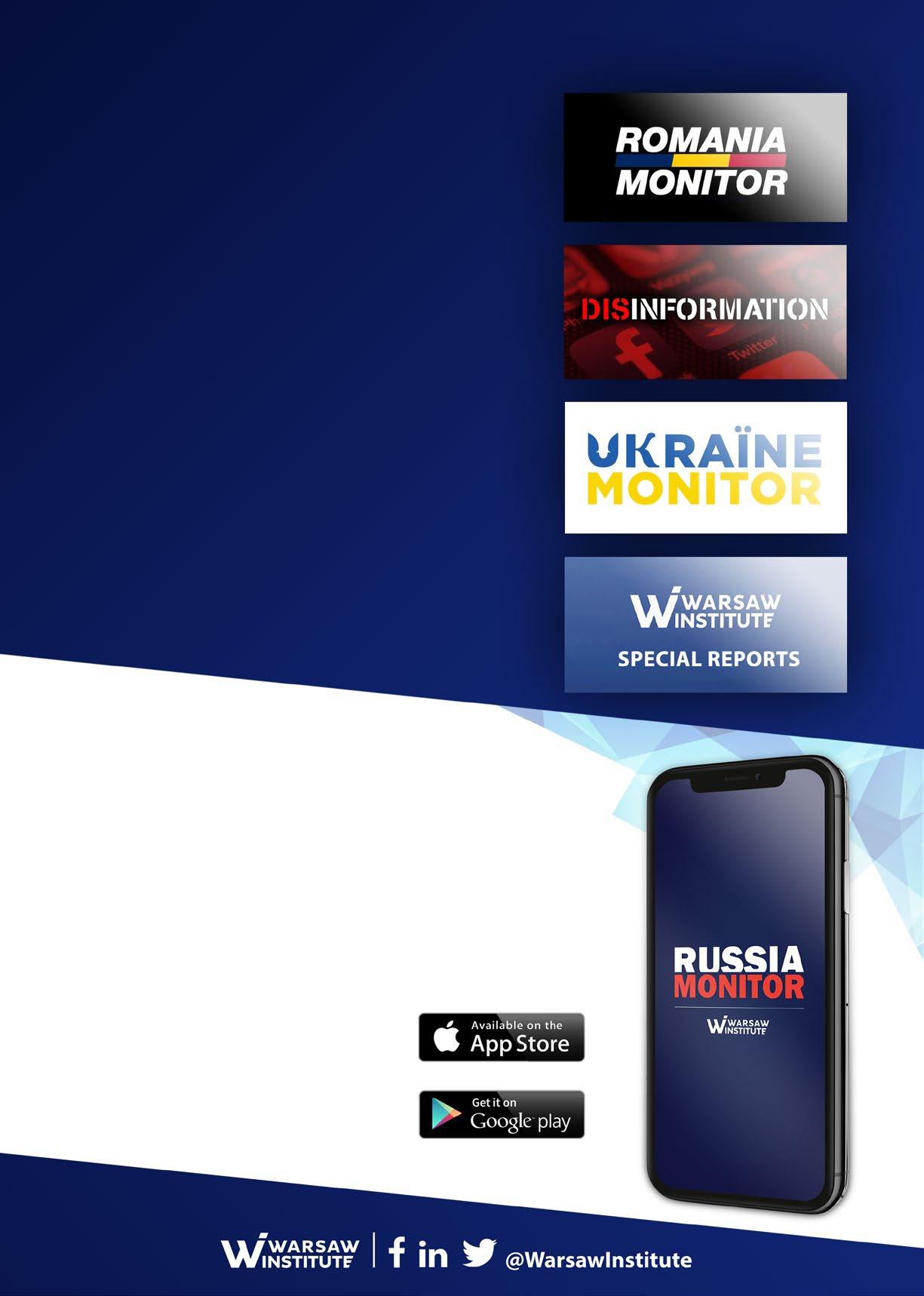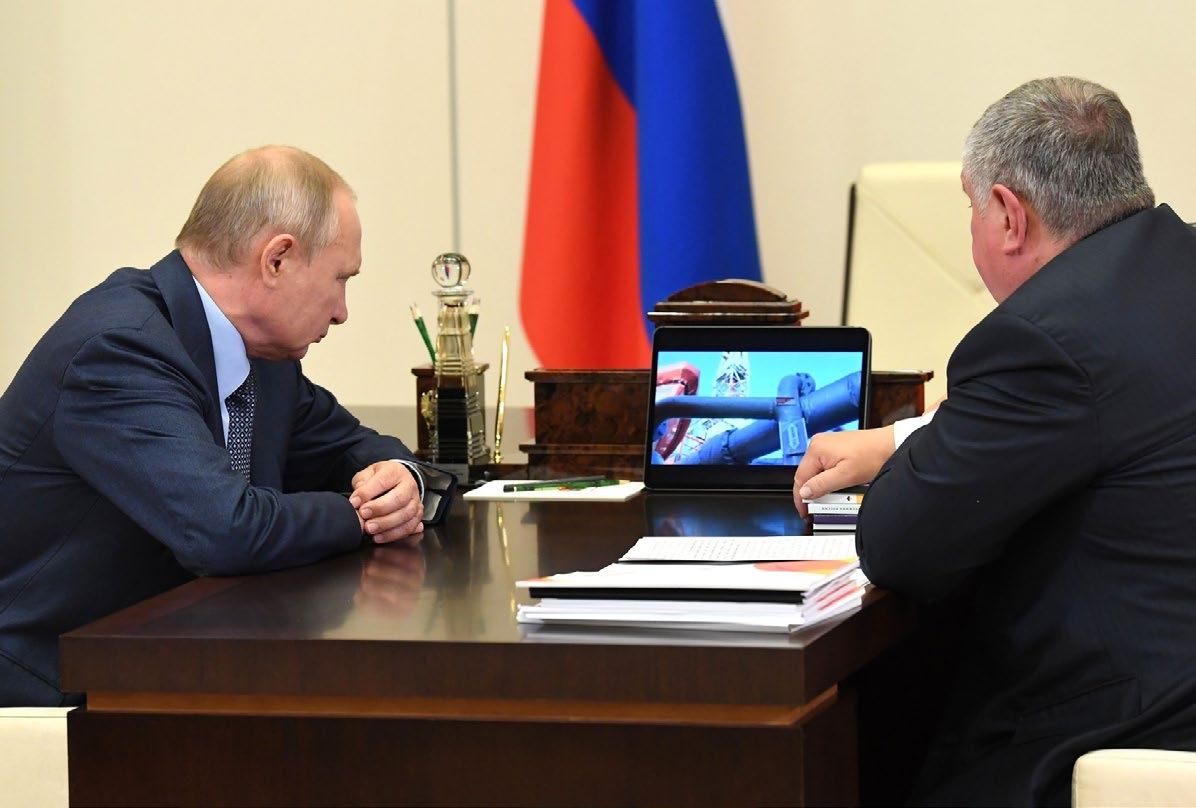
2 minute read
PUTIN ORDERS TO SEIZE FINNISH AND GERMAN ASSETS, EARNS MONEY
Russian President Vladimir Putin signed an order transferring temporary control of power assets belonging to Fortum (83.73 percent) and Uniper (98 percent) to Rosimushestvo, the Federal Agency for State Property Management. Moscow’s move to take temporary control of the assets of Finnish energy group Fortum and its former German subsidiary Uniper was in retaliation for what it called the illegal seizure of Russian assets in Finland and Germany.
Under the decree, Russia can take control of other assets owned by investors from what Moscow refers to as “unfriendly” states. The president can decide to seize assets or resign from managing them. Rosimushestvo seized temporarily ownership of the two assets that it is also entitled to manage their inventory. External management is temporary and financed through the company’s income. However, the former owner has no right to make any managerial decisions. Seizing the assets of Uniper and Fortum means their being expropriated and nationalized. This is a clear signal to other foreign companies that continue to keep their assets in Russia. Germany’s Uniper and Finland’s Fortum are among many Western companies that have announced plans to exit the Russian market in response to the war. This process has been complicated by financial sanctions and government intervention in the control of assets. Russia laid down strict new rules for foreigners seeking permits to sell Russian assets and transfer money abroad––below the market value. First, Rosimushetsvo appointed new managers for both companies. The new CEOs were appointed––both in the past worked for Rosneft CEO Igor Sechin. Many signs are that those who actually benefited from the seizure of Fortum and Unipro is Igor Sechin––through the energy company Inter RAO. Like Rosneft, Inter RAO is controlled by Rosneftegaz, widely known as “Putin’s wallet”. The company’s board of directors is chaired by Igor Sechin while the CEO of the management board is Boris Kovalchuk, a son of Yuri Kovalchuk who is one of Putin’s acolytes. ■
Advertisement
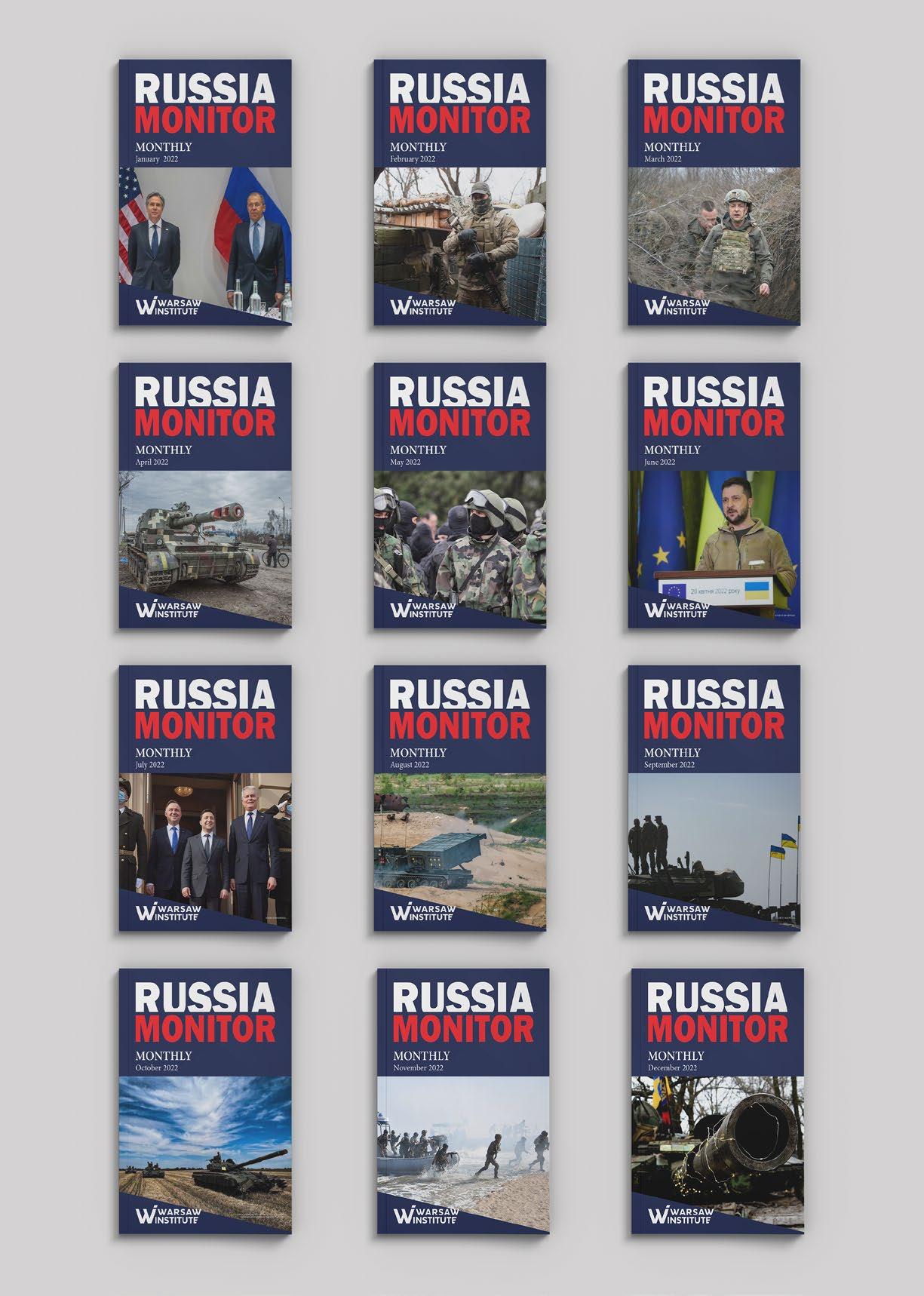

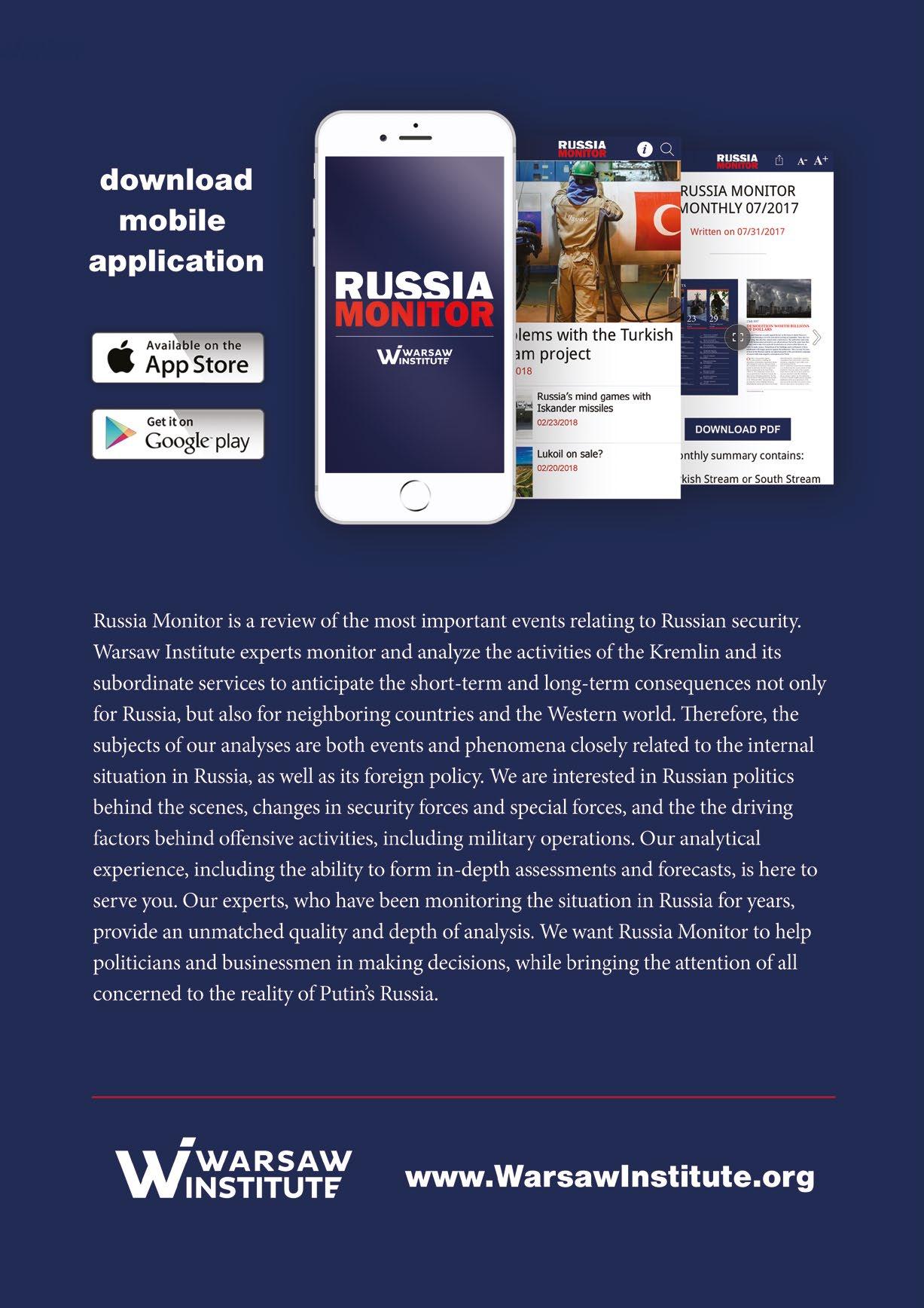
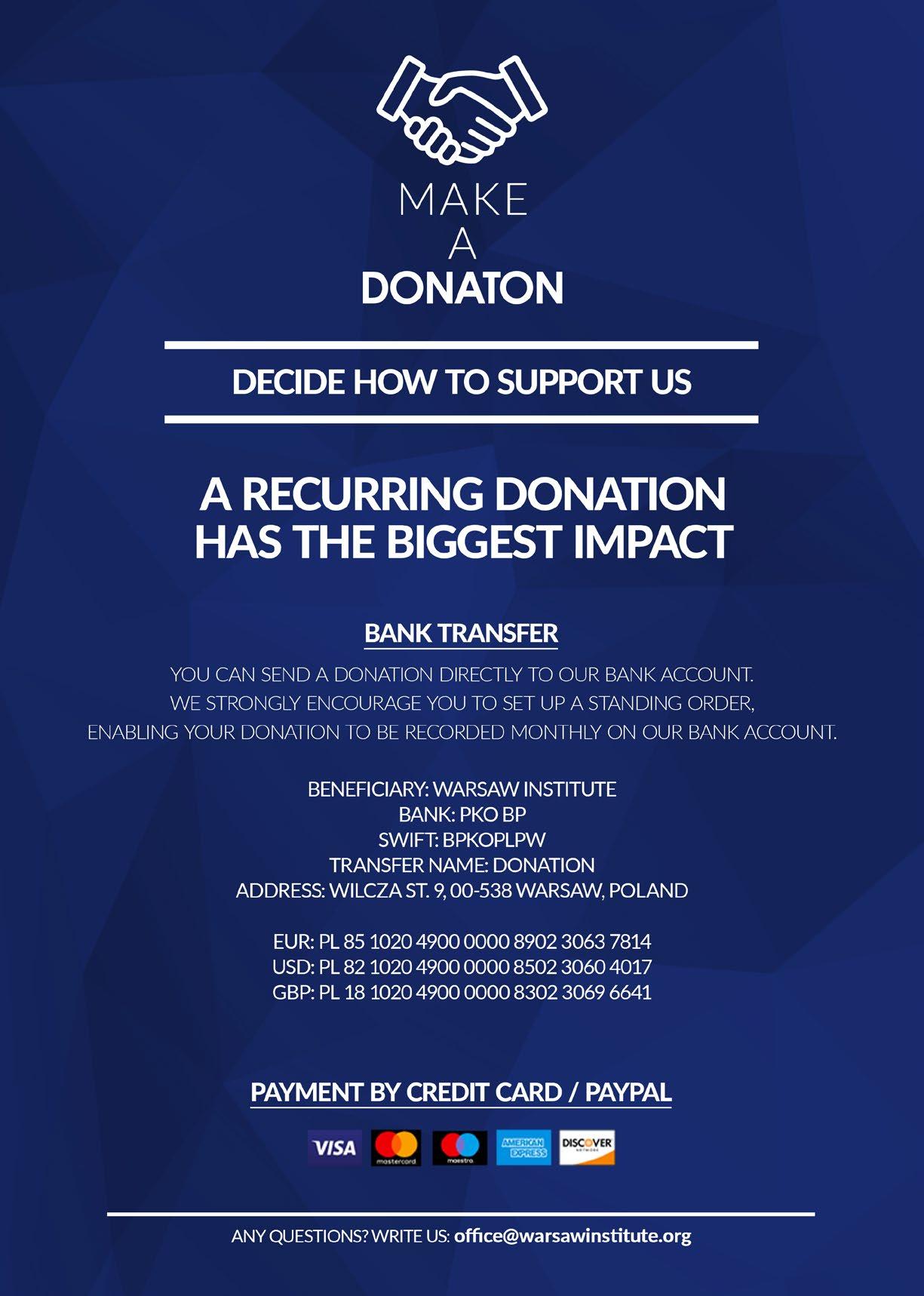


General information
The Warsaw Institute is the first conservative geopolitical think tank in Poland. The main areas of our interest are: geopolitics, international relations, energy security, defence, history, culture and any other issues crucial for Poland and East-Central Europe. We are proudly supporting the 3 Seas Initiative and transatlantic relations.
The Warsaw Institute develops and provides innovative and practical recommendations based on the wide experience of its experts (over 40 cooperating experts). The Warsaw Institute helps to improve public policy and decision-making through research and analysis. Our activities are dedicated to government organizations and agencies as well as non-governmental organizations, think tanks, research institutes, academic communities, opinion-forming media and experts.
The Warsaw Institute is an independent, non-profit, nonpartisan organization supported by contributions from individuals.
Goals and objectives
• strengthening the position of the Polish state by preparing and providing its partners with analyses and studies concerning economic policy, international relations, security policy, the use of soft power and more
• international cooperation of states, societies and NGOs
• supporting the development of democracy, economy and entrepreneurship
• energy security and military security
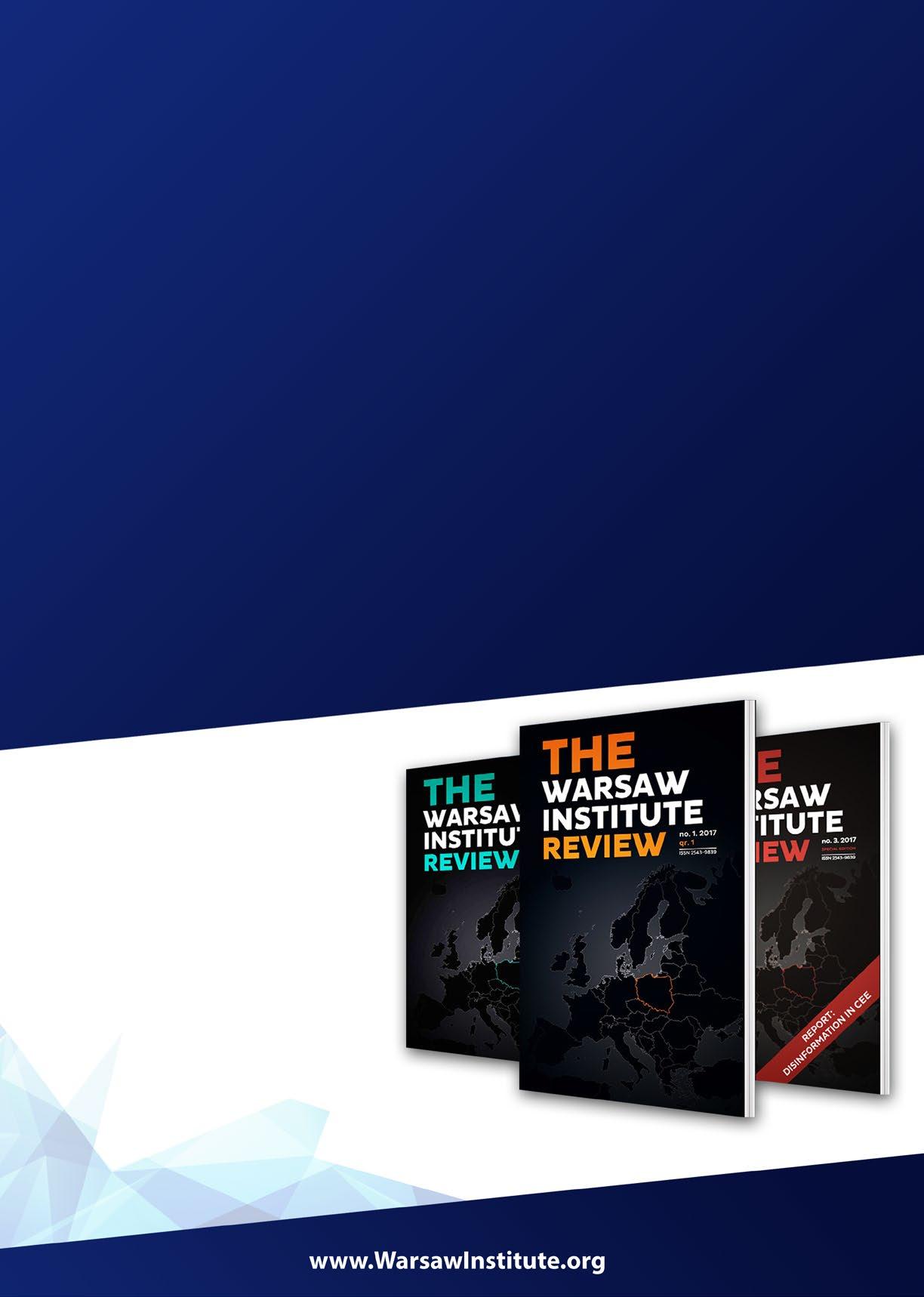
• cultivating and promoting Poland’s national and state traditions and developing national, civic and cultural awareness
The Warsaw Institute Review
Free Polish quarterly, prepared essentially for English-speaking readers around the world. Main goal is to present a broad spectrum of topics concerning Poland, a leading East-Central European country, in the form of analytical articles on political, legal, economic, social, historical and institutional issues.
Subscribe to the printed edition of The Warsaw Institute Review on our website.
